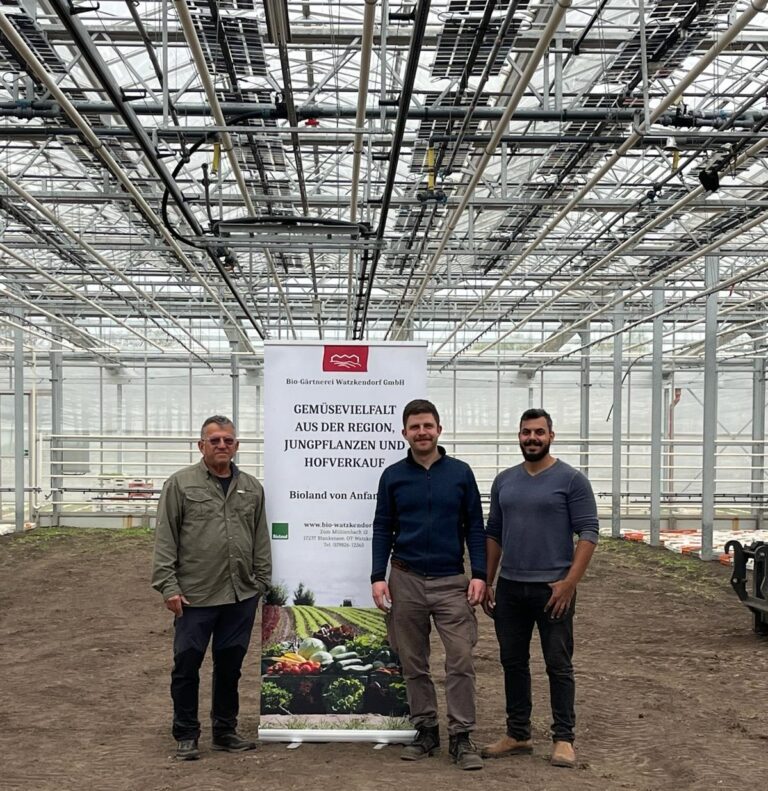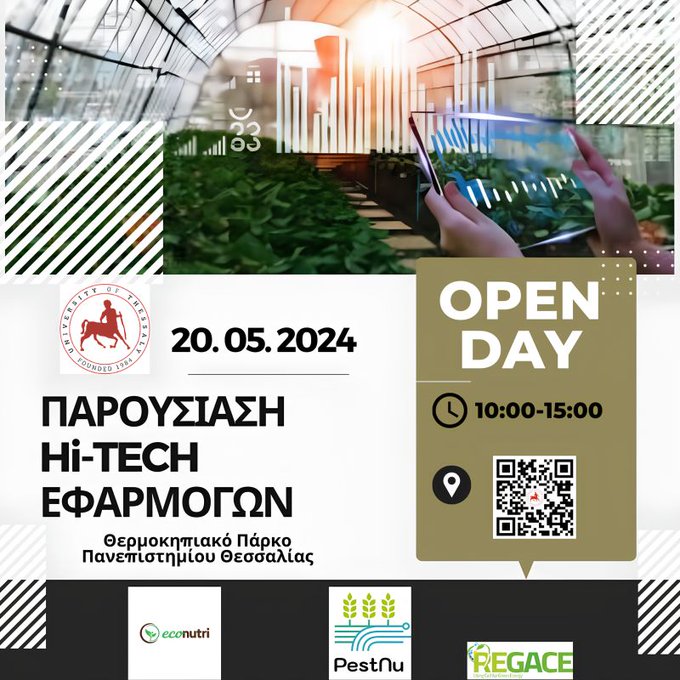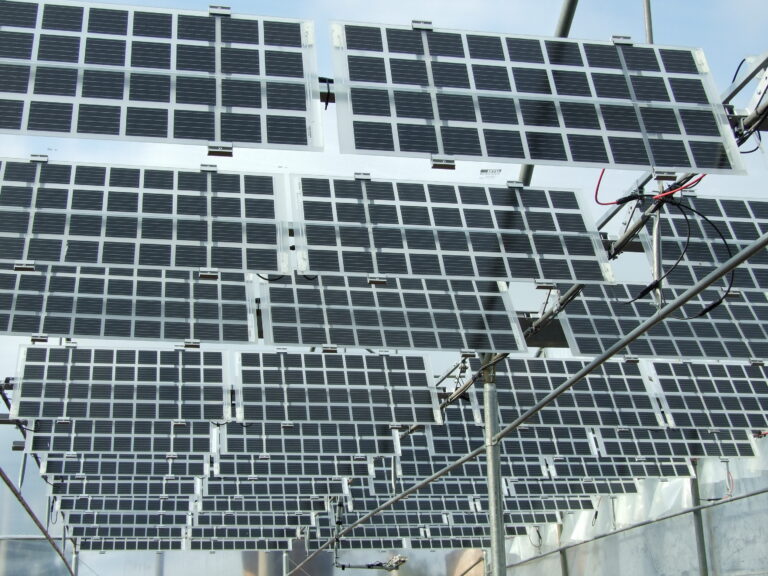The EU-funded REGACE Project held its annual consortium meeting on May 22–24, 2024 in Rome. Partners met to discuss current achievements and decide on the course for advancing towards achieving the goal of developing innovative Agrivoltaics technology to sustainably increase greenhouse yields and improve electricity production.
The first day of discussions took place at the University of Rome Tor Vergata. The session opened with a welcome Address By The University’s Rector, Prof. Levialdi Ghiron and an introduction by The Director of The Department, Prof. Vincenzo Tagliaferri. Throughout the day, partners shared their milestones and strategized future endeavors.
The consortium visited on the second day the Fattoria Solidale del Circeo farm, witnessing the REGACE system’s capabilities firsthand. This live demonstration showcased the system’s integration within an operational greenhouse setting.
REGACE has already successfully installed a CO2-enriched agrivoltaic responsive tracking system. Developed by Trisolar, this innovation now thrives at greenhouse in the organic farm of German partner Bio-Gärtnerei Watzkendorf., setting a precedent for low-sunshine regions.
REGAE Coordinator Dr. Ibrahim Yehia of the Alzahrawy Society expressed confidence in the technology’s potential to bolster the EU’s clean energy mix and fortify food security. Germany’s commitment to carbon neutrality by 2045 finds a strong ally in agrivoltaics, with farmers embracing this eco-friendly paradigm.
The upcoming weeks will see REGACE’s expansion to Humboldt-Universitätin Berlin and the University of Thessaly in Volos, Greece. The system’s success at Fattoria Solidale del Circeo and Alzahrawi Society greenhouses in Israel underscores its adaptability across diverse agricultural landscapes.
REGACE’s mission extends to displaying its solution across six distinct research and farming environments, each with unique greenhouse designs and crops. This initiative promises to deliver affordable clean energy, marrying optimal crop conditions with robust energy generation. The strategic use of CO2 enrichment is set to broaden agrivoltaics’ horizons, reaching regions where sunshine is scarce.



